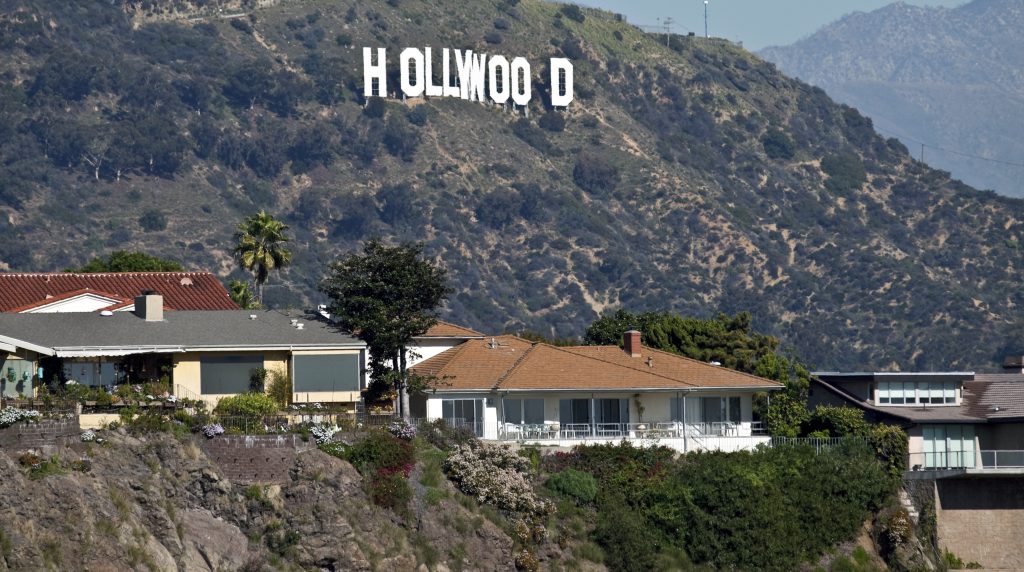San Diego — When you write about politics, you grab onto honesty where you find it because you never know when you’ll see it again.
So it was that, about 10 years ago while I was serving on the San Diego Union-Tribune Editorial Board, then-California Gov. Arnold Schwarzenegger set me straight on who, or what, put the Golden State in the red.
Conservative talk radio hosts throughout the state repeat the narrative that the nation’s most populous state is bankrupt because there are too many illegal immigrants here.
“That is not so,” Schwarzenegger told the board. He pointed out that, on the contrary, a lot of the state’s economic prosperity was due to the physical labor provided by the undocumented.
Don’t count California out. The state recently surpassed the United Kingdom to become the world’s fifth largest economy. Only China, Japan, Germany, and the United States have more robust economies.
Silicon Valley and Hollywood add a lot to the cash register each year, but so does an agricultural industry that generates more than $50 billion annually, with the help of illegal immigrant labor.
You’ve probably heard that companies are leaving California to relocate to more business-friendly states such as Texas, Arizona, and Florida. The rest of the story is that California still produces more than its share of new jobs, with more than 3 million jobs in the last decade, such as in the construction industry.
Given the skyrocketing cost of living in the Golden State, one thing that isn’t being built fast enough is housing, especially affordable housing.
Studies show that the state comes up short by 3 to 4 million housing units, and that it needs to double its current rate of home building just to keep pace with expected population growth, or prices will continue to go higher.
“Higher” is tough to imagine. In 2017, the median price of a home in California was more than 2.5 times the median price in the nation as a whole. In the five largest cities, the median price of a home ranges between $500,000 and $1.5 million.
The median monthly rent for a two-bedroom apartment is $2,400, but it’s very common to find units in some of the larger cities renting for between $3,000 and $4,000 per month.
Income inequality is a growing problem. One in five Californians live in poverty when you factor in the cost of housing and child care, even as many of the superrich also call the state home.
Clearly, California is a mixed bag. It’s not the national trend leader it was in the second half of the 20th Century, when the section of Disneyland called “Tomorrowland” seemed like a metaphor for a state that seemed intent on reinventing itself. Orange groves gave way to public universities, and strawberry fields became highways and shopping malls. That took a lot of work.
And guess who did much of it. By most estimates, California is home to at least 2 million undocumented immigrants. That means that one state can lay claim to about 18 percent of the estimated 11 million undocumented immigrants who are thought be residing in the United States.
California is also home to countless farms, ranches, dairies, restaurants, hotels, janitorial companies, construction firms and other businesses that depend on the dependable labor provided by those immigrants.
It is also home to many, well, homes; average, run-of-the-mill suburban households that rely on illegal immigrants to serve as gardeners, housekeepers, and nannies.
It’s easy to assume that the undocumented are chiefly responsible for the fact that the state seems, in recent years, to have landed on hard times.
But as Arnold the Prophet said, that is not so.
Take it from a native son: Immigrants, legal or illegal, aren’t what is bankrupting California.
The real culprit is the soaring cost of public-employee pensions, coupled with the fact that police officers, firefighters, teachers, prison guards, sanitation workers and their cohorts are retiring earlier, collecting greater benefits and living longer.
Able to pass bills without a single Republican vote, Democrats run the legislative process, and public employee unions run the Democrats. Bureaucrats, it turns out, can loot with the best of them.
Now you know: California’s economic crisis is also a political calamity. How did we get here? Fear and alienation. In the 1990s, Republicans demagogued the immigration issue to scare up votes from the diminishing number of white people in the state. The GOP wound up angering Latinos, whose numbers continue to rise. That was dumb.
Now 40 percent of the state, and one-fifth of the electorate, Latinos fell into the arms of Democrats, who had always done little to earn that support, and now could do even less.
And a blue state got even bluer. And its future became more uncertain.
Ruben Navarrette, a contributing editor to Angelus News, is a syndicated columnist with The Washington Post Writers Group, a member of the USA Today Board of Contributors, a Daily Beast columnist, author of “A Darker Shade of Crimson: Odyssey of a Harvard Chicano,” and host of the podcast “Navarrette Nation.”
SPECIAL OFFER! 44 issues of Angelus for just $9.95! Get the finest in Catholic journalism with first-rate analysis of the events and trends shaping the Church and the world, plus practical advice from the world’s best spiritual writers on prayer and Catholic living, along with great features about Catholic life in Los Angeles. Subscribe now!

